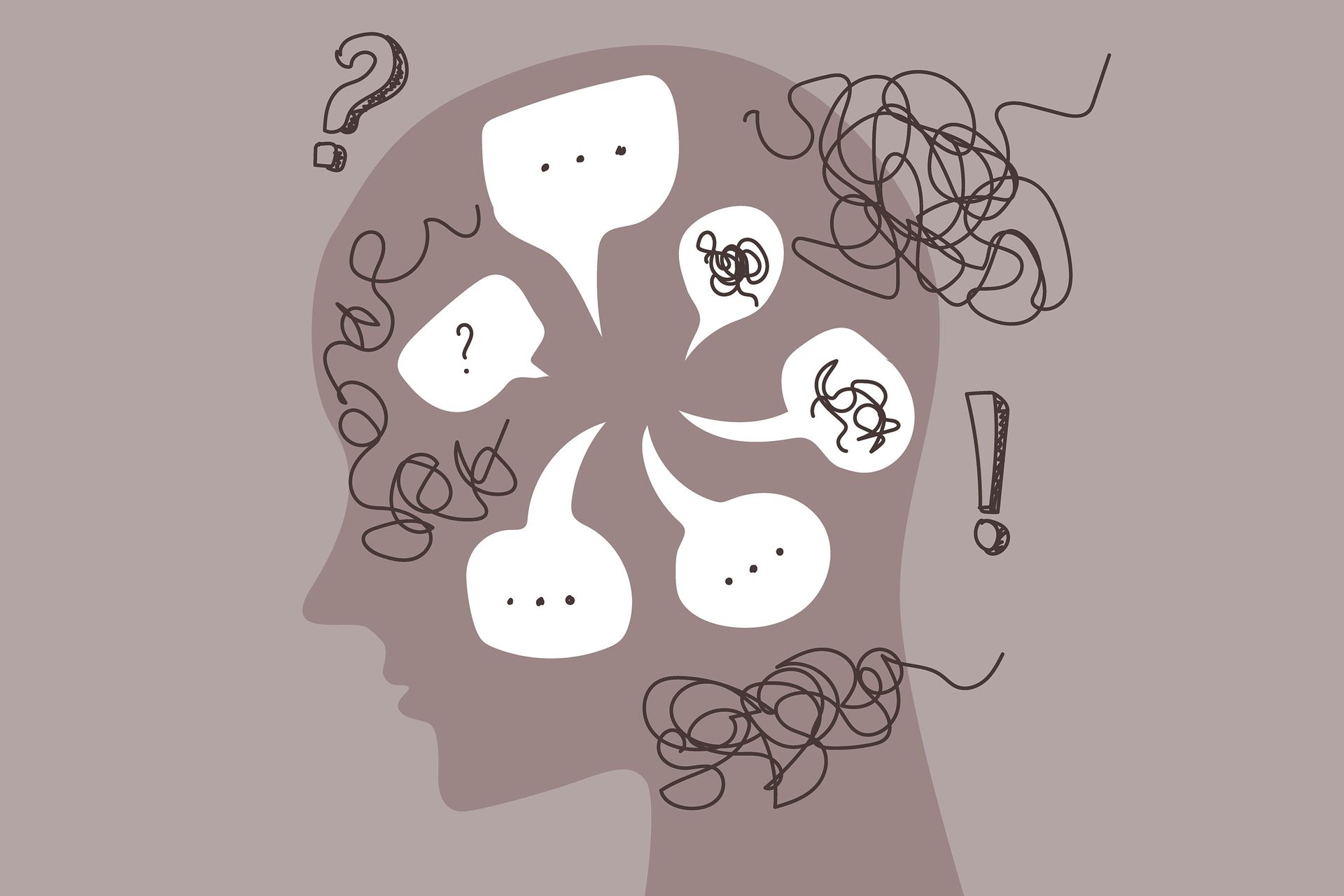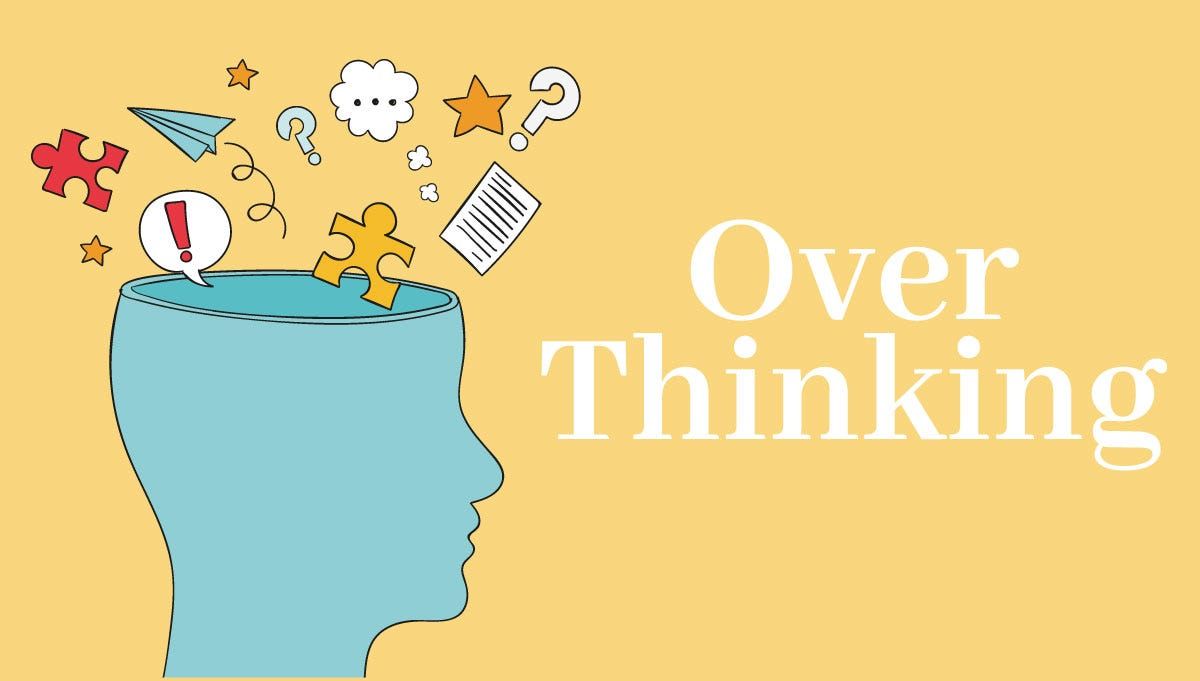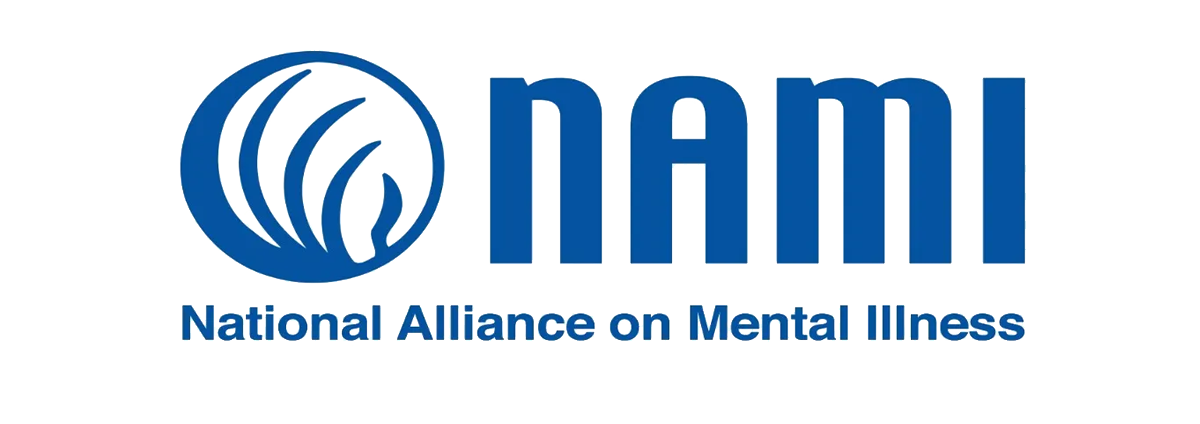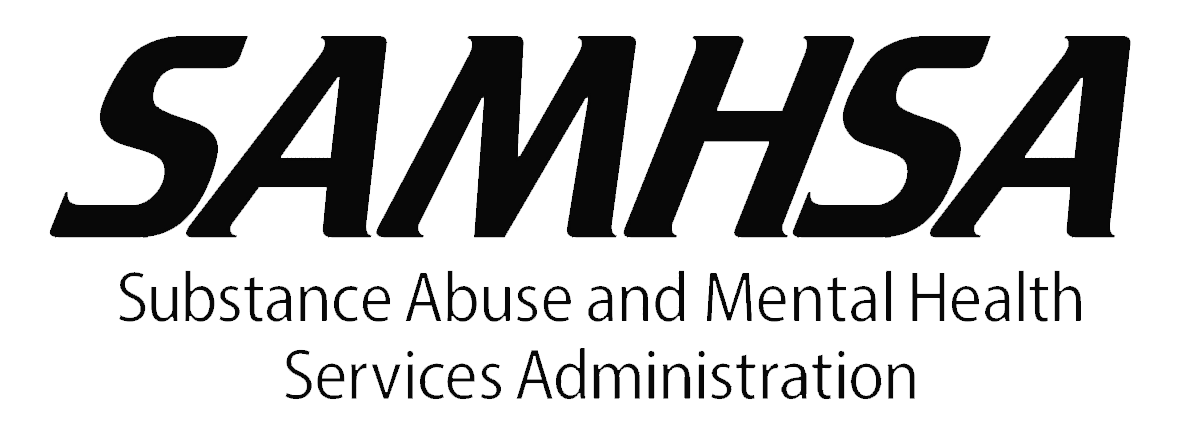Coping with Job Anxiety:
Strategies for Finding Balance and Well-being

Introduction:
In today's fast-paced and competitive world, it's not uncommon to experience job anxiety. Whether you're starting a new job, facing tight deadlines, dealing with difficult colleagues, or worrying about job security, the pressures of the workplace can take a toll on your mental health. Job anxiety can manifest in various ways, including feelings of stress, overwhelm, fear of failure, or even physical symptoms such as headaches and insomnia. However, it's essential to recognize that you're not alone in experiencing these feelings and that there are strategies you can employ to cope and thrive in your professional life.
Understanding Job Anxiety:
Job anxiety, also known as work-related stress, is a common phenomenon experienced by individuals across all industries and job roles. It can stem from various sources, including excessive workload, unrealistic expectations, lack of autonomy, poor work-life balance, fear of job loss, or toxic work environments. Moreover, the rise of remote work and digital communication has introduced new challenges, such as the blurring of boundaries between work and personal life, leading to increased feelings of job anxiety for many individuals.Effects of Job Anxiety:
The effects of job anxiety can be profound and far-reaching, impacting not only your mental and emotional well-being but also your physical health and overall quality of life. Chronic job stress has been linked to a range of health problems, including heart disease, hypertension, depression, and burnout. Furthermore, it can negatively affect your job performance, creativity, and decision-making abilities, ultimately hindering your career progression and fulfillment.
Coping Strategies for Job Anxiety:
While job anxiety may feel overwhelming at times, there are several strategies you can utilize to manage and alleviate its effects:
- Identify Triggers: Take some time to reflect on the specific aspects of your job that contribute to your anxiety. Is it tight deadlines, difficult coworkers, or a lack of clarity about your role? Once you identify the triggers, you can develop targeted strategies to address them.
- Practice Self-Care: Prioritize self-care activities such as exercise, mindfulness, and relaxation techniques. Regular physical activity can help reduce stress and improve your mood, while mindfulness practices such as meditation and deep breathing exercises can promote a sense of calm and inner peace.
- Set Boundaries: Establish clear boundaries between your work and personal life to prevent burnout and maintain a healthy balance. Designate specific times for work-related tasks and leisure activities, and resist the temptation to check emails or respond to work-related messages outside of designated hours.
- Seek Support: Don't hesitate to reach out to friends, family members, or trusted colleagues for support and encouragement. Talking about your feelings with others can provide perspective and help you feel less isolated in your experiences.
- Develop Coping Strategies: Experiment with different coping strategies to find what works best for you. This could include journaling, engaging in creative outlets, or practicing relaxation techniques such as progressive muscle relaxation or visualization.
- Seek Professional Help: If job anxiety is significantly impacting your daily life and functioning, consider seeking professional help from a therapist or counselor. They can provide you with personalized strategies and support to address your specific concerns and develop healthy coping mechanisms.
So, Wrapping Up:
Job anxiety is a common experience in today's workplace, but it doesn't have to control your life. By understanding the sources of your anxiety and implementing healthy coping strategies, you can effectively manage stress and cultivate a sense of balance and well-being in your professional life. Remember that it's okay to ask for help when you need it and that prioritizing your mental health is essential for long-term success and fulfillment in your career.













